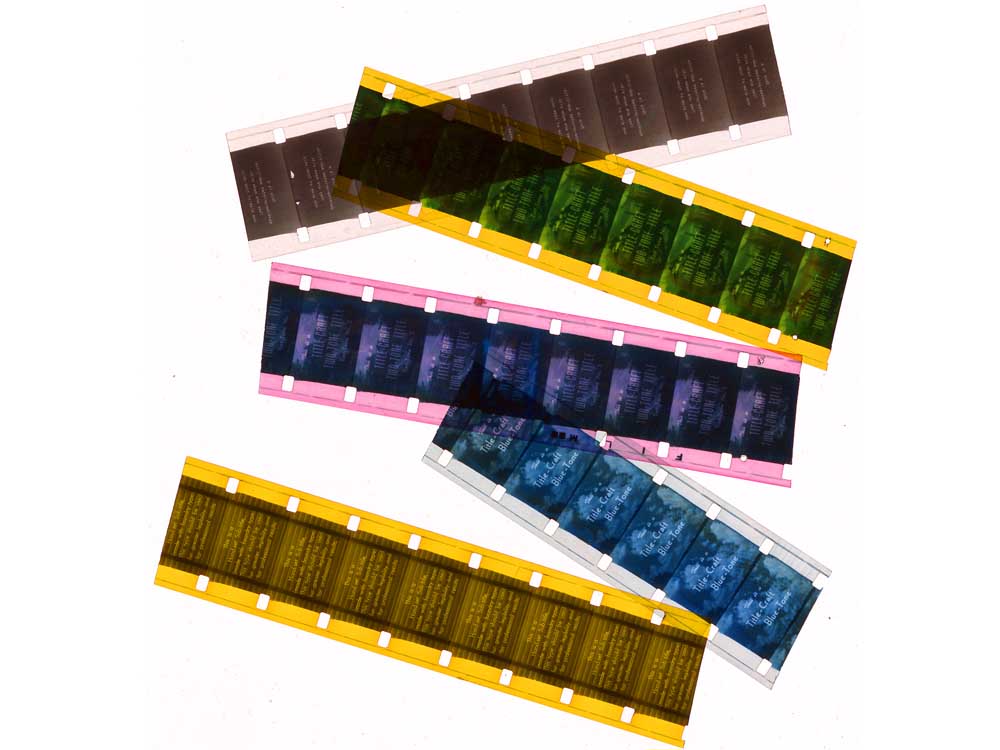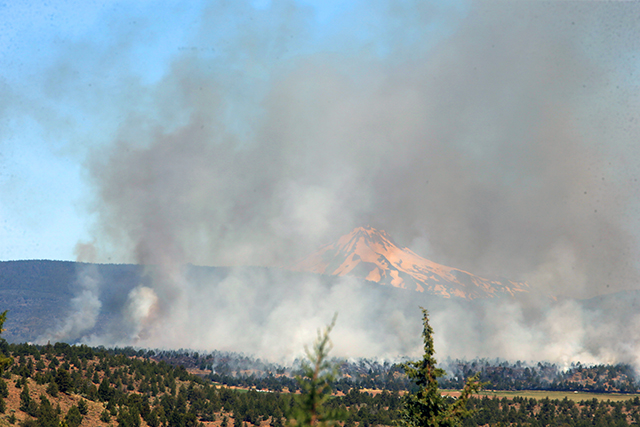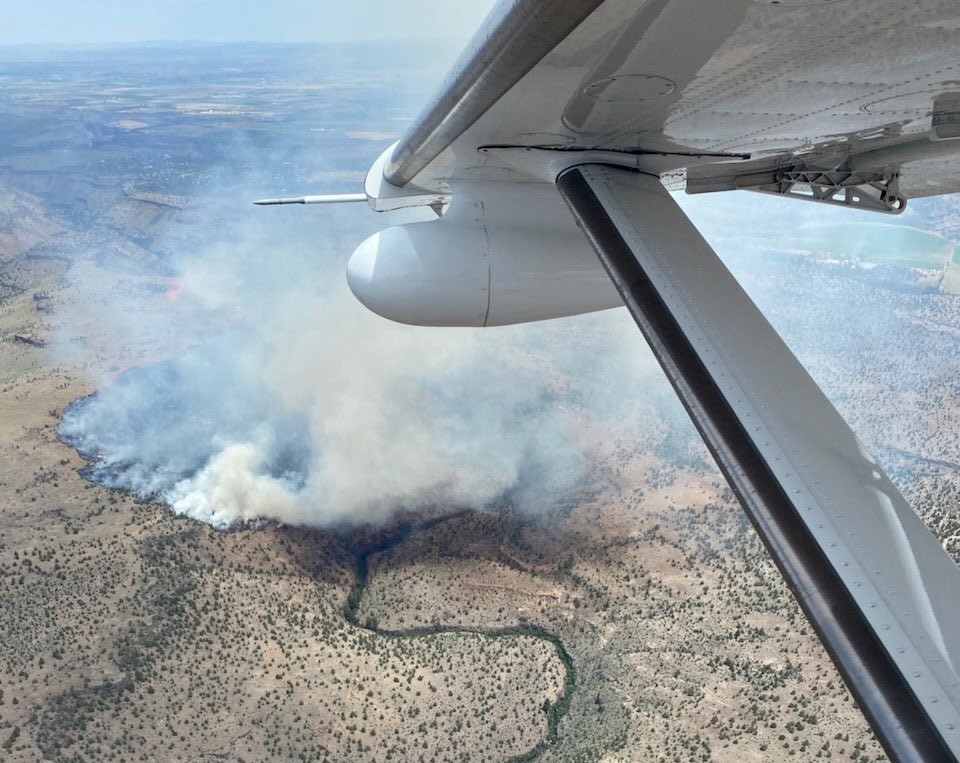Historic 16mm films headed to Bend
Published 12:00 am Friday, November 6, 2015

- Historic 16mm films headed to Bend
In 2011, Indiana University and its nationally renowned moving-image archive received more than 12,000 16mm film prints from the state of Oregon.
The prints, which were made from the 1950s to the ’70s, cover a wide range of topics, including educational videos warning of the dangers of drinking and driving, one detailing the consequences of venereal disease and films aimed at factory workers describing how to best extract Dungeness crab meat.
Matthew Cowan, an archivist who specializes in moving images and photography for the Oregon Historical Society, and Andy Uhrich, a film archivist and Ph.D. candidate at Indiana University, are bringing a handful of these films to Bend on Nov. 17 for a free public screening.
The two archivists are embarking on an Oregon road trip later this month, showing snippets of the films in Portland on Nov. 14, Eugene on Nov. 15 and Medford on Nov. 16 before stopping at the downtown Bend branch of the Deschutes Public Library system. All the films will be shown in their original form, on a 16mm projector.
“We’ll bring way more film than we need and each night kind of see where we are and what worked the night before,” said Cowan, who came to Bend this summer and presented a program titled, “A Pictorial History of Oregon” using glass lantern slides from the 1930s.
“We’ll kind of make the program up on the fly,” he added Thursday. “The plan is to show about 10 or 15 minutes of each film so that even if it’s a clunker it won’t be that long.”
According to Cowan, the treasure trove of 16mm prints came from Lane (County) Education Service District, which in the early 2000s was looking to get rid of films it had long stopped using. The Indiana University Libraries Moving Image Archive was a natural fit, as it houses one of the world’s largest collection of educational films and videos. Cowan was made aware of the films’ existence after a 2012 blog post announced their arrival in Indiana.
“My first thought was, ‘These are amazing, why don’t we have them?’” said Cowan, who came to the Oregon Historical Society after the films were acquired by Indiana. “I can’t speak to if they were offered to us (the Oregon Historical Society), but we wouldn’t have been able to take them. … We’ve got one of the largest film collections in Oregon, but our criteria for taking films is very specific. They have to be Oregon related. Hundreds of these Lane County films were Oregon related, but not the majority of them.”
This month’s Oregon antique films road show was made possible in large part because the Association of Moving Image Archivists’ annual convention is being held Nov. 18 to 21 in Portland . Uhrich, the Indiana film archivist, was already scheduled to travel west for the conference.
Cowan persuaded him to come out a few days early with some of the films from the Lane County collection, and with support from the Oregon Historical Society, Oregon Film and the Oregon Cultural Trust, the two hatched their own personal Hope and Crosby-style road trip.
“The majority of films (that) exist, they weren’t made in Hollywood,” Cowan said. “They’re educational films, films about industry, B-roll, pornography.”
Cowan pointed out films titled “Fumigating Strawberry Fields” and “Potato Production in Oregon” as films that were meant to be informative to farmers in the 1960s and 1970s, but are highly entertaining to today’s audiences.
“I think people are really excited to see how the films relate to Central Oregon,” said Nate Pedersen, who, as a community librarian at the Deschutes Public Library system and president of the Deschutes County Historical Society, helped facilitate the screening. “Folks in Bend, I think they’re pretty interested to see how the region was portrayed in 1950s educational films.
— Reporter: 541-617-7829,
beastes@bendbulletin.com






